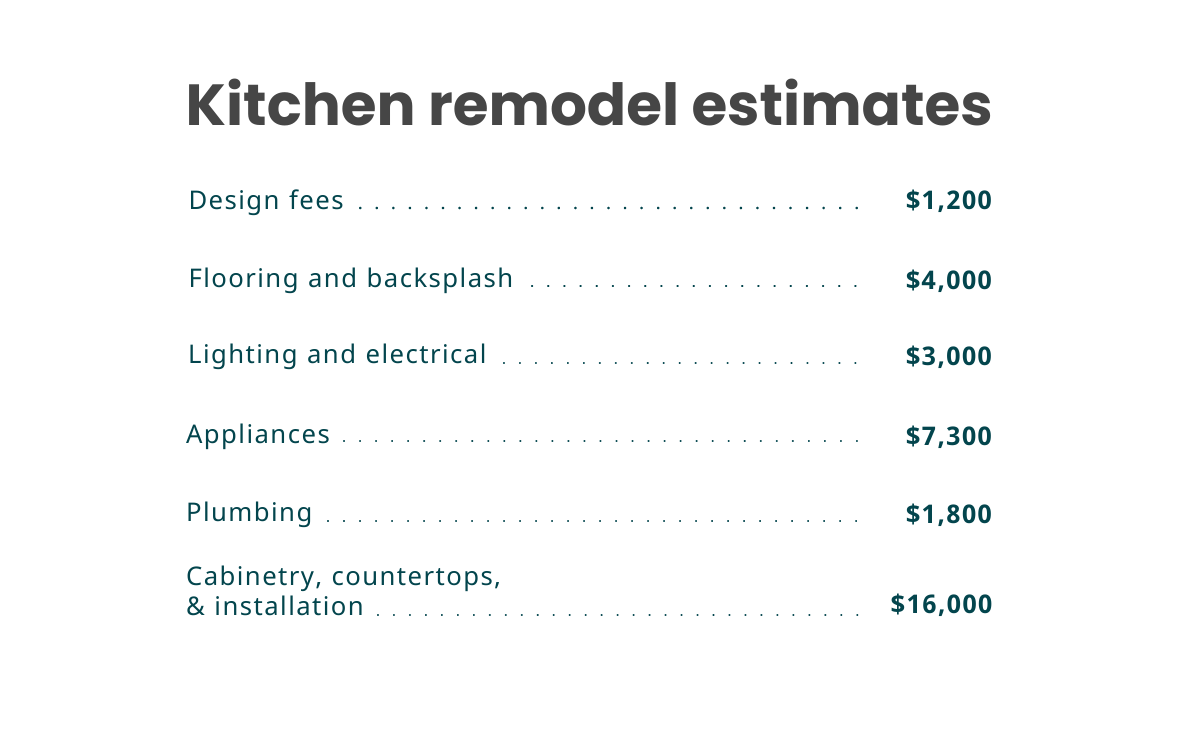What is BAC (Budget at Completion) in Project Management?
What is BAC (Budget at Completion) in Project Management?
Budget at Completion (BAC) is a measure that is often used in earned value management to track the actual cost of a project against its forecasted budget. It is calculated at the start of a project based on the project work and its individual components.
The PMBOK defines BAC as “the sum of all budgets established for the work to be performed.” In simple terms, the BAC is the total budget that has been estimated for all the work that needs to be completed over the project’s duration.
It can be used alongside the Planned Value (PV) metric to determine whether the project’s budget is on track based on a specific point in its lifecycle. For example, if the project’s BAC is $120,000 and it is 20% of the way done, you would calculate Planned Value by multiplying $120,000 x 20% = $24,000.
BAC project management example
Let’s say you’re planning to project manage a basic eight-week long kitchen remodel. You have a rough idea of the costs associated with this remodel because you’ve completed similar projects in the past. Here is a breakdown of the project’s costs.

How to determine Budget at Completion (BAC)
Because BAC is the sum of all budgets within the project, it is only logical that there is a method of arriving at these figures. Different techniques for determining Budget at Completion include expert judgment, parametric judgment, analogous estimation.
Parametric estimation
As PMI explains, parametric estimation “uses a statistical relationship between historical data and other variables” to arrive at accurate estimates of budget, cost, and project length.
Expert judgment
Expert judgment is exactly what it sounds like. To create a project budget estimate using this method, consult experts and professionals familiar with the nature of your project, its limitations, and its various components and costs.
Analogous estimation
Analogous estimation arrives at a project budget estimate based on experience with another, similar project. For example, your company recently completed an educational gaming app within six months at a budget of $180,000.
Now, you’ve been approached by another company that wants to make a similar app in a similar timeframe. Analogous estimation would then assume that such a project could be completed in a similar amount of time — though other variables may arise and this may not always be the case.

Artem Gurnov
Artem is a Director of Account Development at Wrike. He previously held the role of Project Manager, overseeing a team of customer success managers (CSMs). Over the years of building teams and scaling business processes, he has successfully deployed multiple projects, from automating client outreach to setting up work prioritization tools for sales reps and CSMs.


